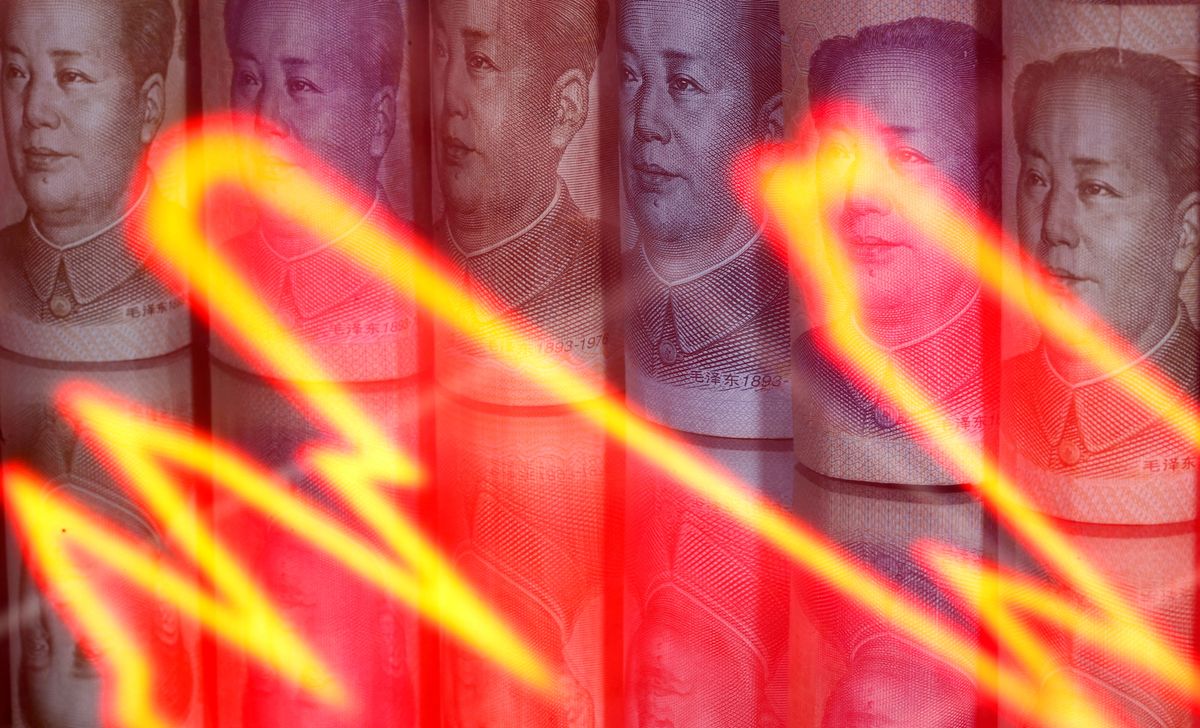There’s new-found optimism on Chinese assets with the country’s recent policy shifts
Wall Street big boys, including Morgan Stanley and Bank of America, are turning bullish on Chinese assets. So, where did the new-found optimism come from?

A few minutes every morning is all you need.
Stay up to date on the world's Headlines and Human Stories. It's fun, it's factual, it's fluff-free.
China, the world's second-largest economy, has been facing a series of headwinds since the pandemic's start as it pursues its zero-COVID and common prosperity goals. For example, strict movement curbs have sent foreign investors away from the country, which weighed heavily on the economy. Outflows on mainland stocks and bonds are on track to exceed $100 billion this year. There's also still concern that the recent surge in COVID cases may challenge plans to ease restrictions. The pandemic is flaring up again in cities like Shijiazhuang – which was considered a test case for easing restrictions, but now residents have been told to stay home, and they're launching mass testing.
But now, Wall Street big boys, including Morgan Stanley and Bank of America, are turning bullish on Chinese assets. So, where did the new-found optimism come from? It's all thanks to Beijing's recent policy shifts, including a rescue plan to ease the real estate crisis and moves to calm tensions with the West. Also, China's central bank issued new rules on Friday to expand currency hedging channels and make the bond market more attractive to foreign investors. So now, some foreign investors are starting to see signs of economic recovery. For example, Morgan Stanley says the MSCI China Index will be boosted 14% by the end of next year. Also, in the US and Europe, monetary-policy tightening has no sign of slowing down. So, it's fair that foreign firms are looking closely at China as a hedge against the West.
Key comments:
We all knew that China couldn’t just be isolated forever,” Catherine Yeung, an investment director at Fidelity International Ltd., said last week in a Bloomberg TV interview. “So much negative news flow has been now factored into the price. It just feels like China is likely to have seen its worst.”
“We’d like to see the Chinese government being more willing to accept foreign investment and let the markets operate,” said Raphael Arndt, CEO of the Future Fund, Australia’s sovereign wealth fund. “We think there’s a huge opportunity still.”
“The shift to outflows in 2022 is notable and reflects lots of discussions in the asset management community,” said Jonathan Fortun, an economist at IIF. “This shift reflects geopolitical concerns and anxiety that the government’s zero Covid policy could weigh on China in the medium term.”
“It feels like one step forward, two steps back,” said Willer Chen, an analyst at Forsyth Barr Asia, on recent surges in COVID cases. “The market had been too optimistic.”




Comments ()